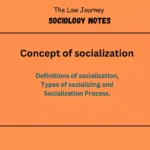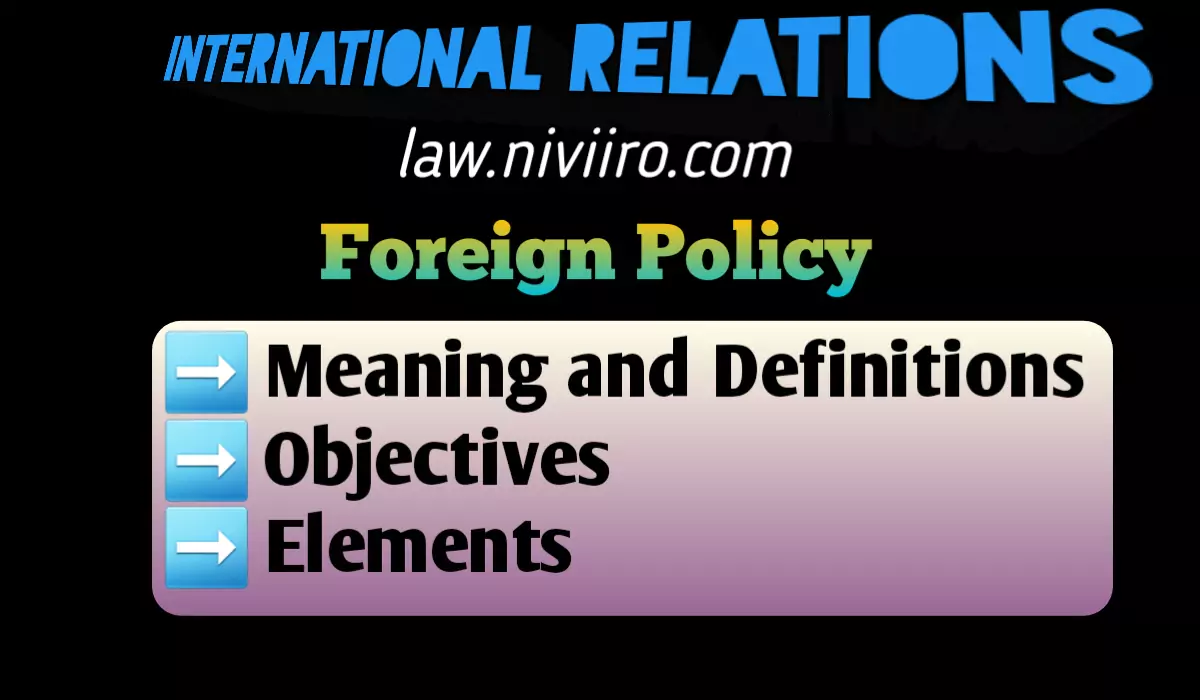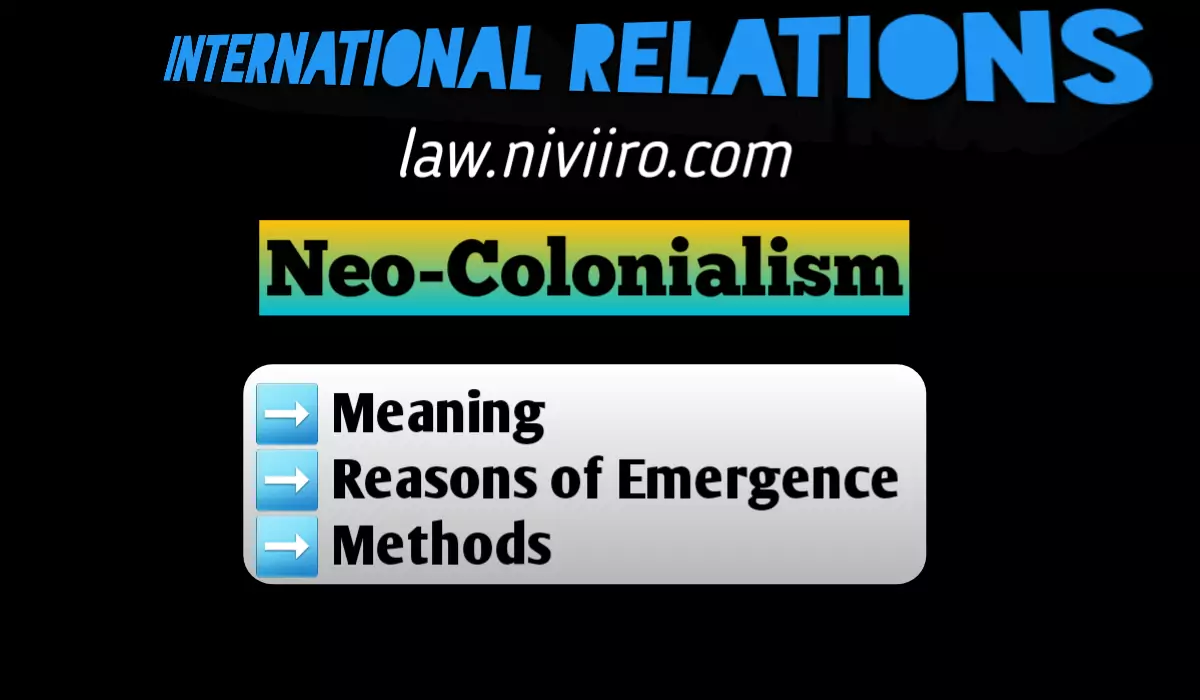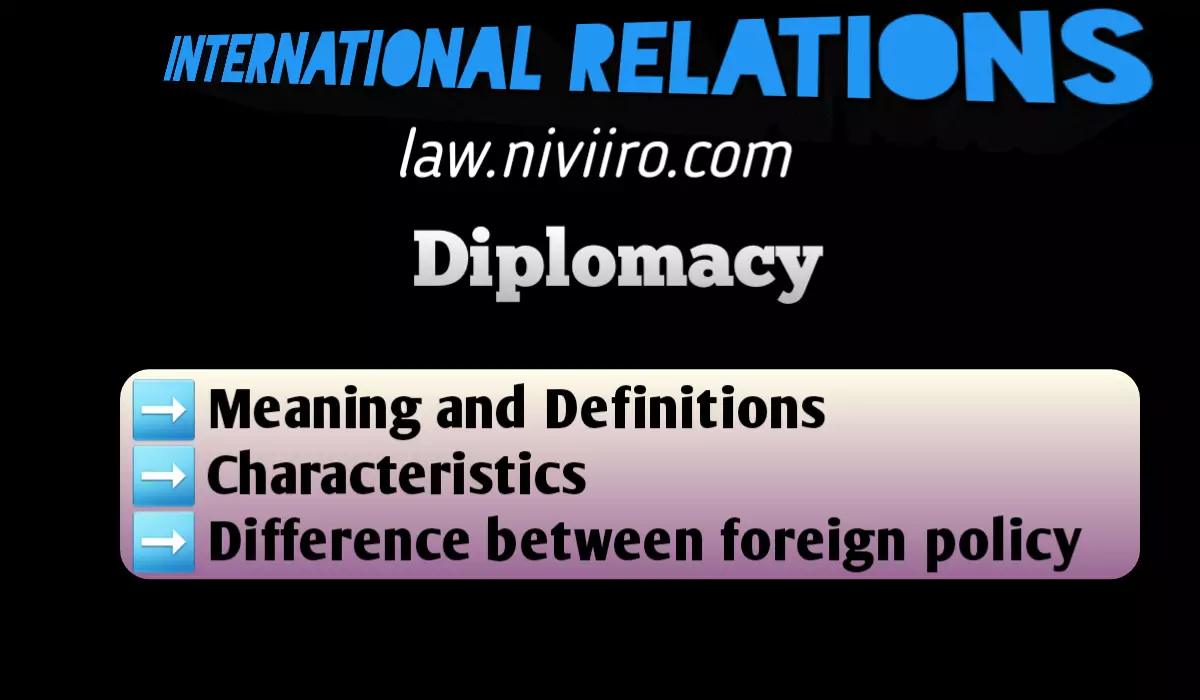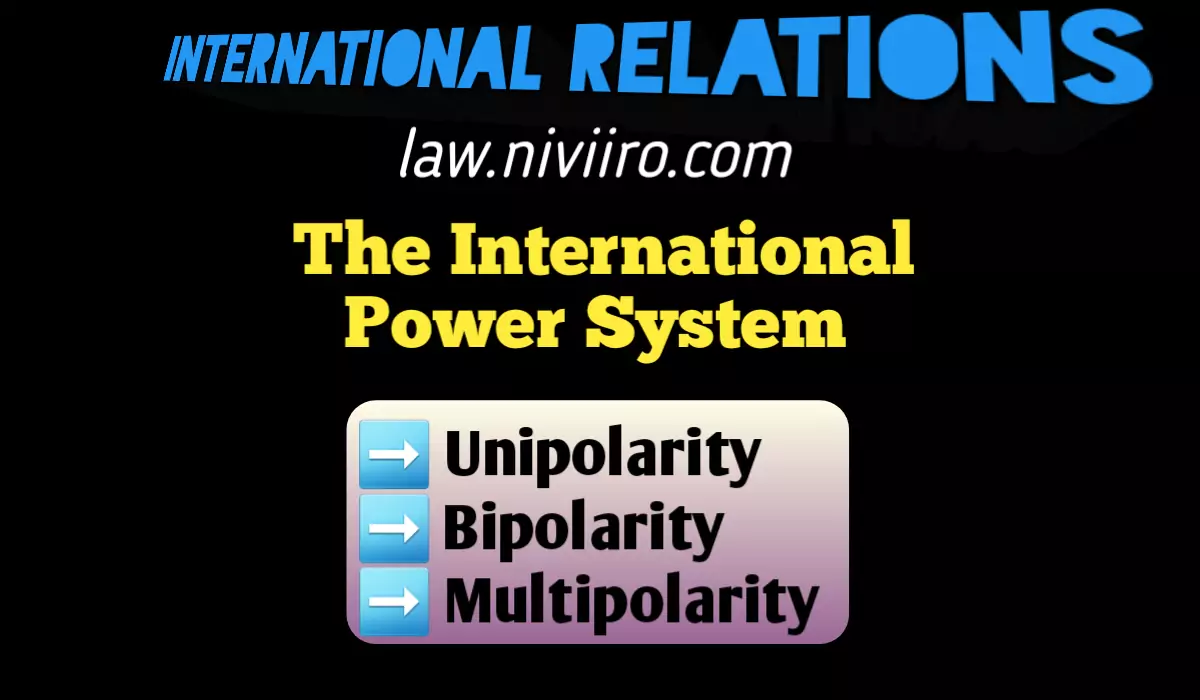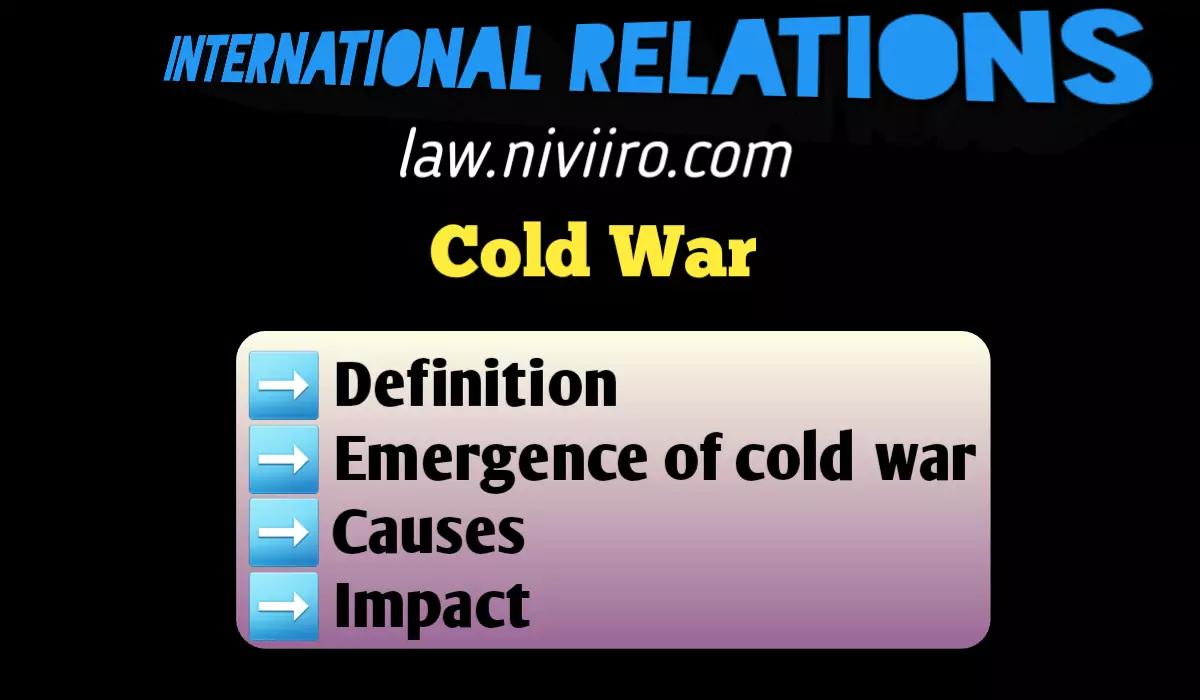Foreign Policy – No State can strive alone without having relations with other States. While dealing with other States, a State must be systematic on certain well defined principles. Though while determining these principles, the States are to work within limits of their strength and realities of the external environments, they must have a fixed goal. And this goal is provided by the foreign policy.
A State without a foreign policy will be like a ship without a rudder and will drift aimlessly without any direction by every storm and sweep of events. The foreign policy creates a sense of purpose as well as the confidence to achieve that purpose. Prof. Taylor has said “foreign policy of a sort will go on so long as there are sovereign States.”
Definition’s of Foreign Policy
- Padelford and Lincoln-Foreign policy is “the element in the process by which a State translates its broadly conceived goals and interests into concrete courses of action to attain those objectives and preserve its interests.”
- Prof. Charles Burton Marshall.-Foreign policy is “the course of action undertaken by authority of State and intended to affect situations beyond the span of its jurisdiction.”
- George Modelski-Foreign policy is “the system of activities evolved by communities for changing the behaviour of other States and for adjusting their own activities to the international environment.”
- C.C. Rhodes.-“Foreign policy involves the formulation and implementation of a group of principles which shape the behaviour pattern of a State while negotiating with (contracting) other States to protect or further its vital interests.”
The above definitions of foreign policy show that the foreign policy can be interpreted in both narrow and broad sense. In the narrow sense, they have emphasised only the action aspect and taken foreign policy as actions of the government officials to influence human behaviour even beyond the jurisdiction of their own State. In the broad sense, foreign policy is taken to imply the objectives, plans and actions taken by a State in relation to other States. In this sense, foreign policy includes goals or objectives, policy plans and actual action undertaken by a State to regulate its external relations.
Objectives or Aims of Foreign Policy
As per Northedge, the main aim of the foreign policy of all countries is “to articulate the country’s external interests and order them in some scheme of relative importance. The articulation and ordering of interests must be continuously changing through time, but a rough-and-ready pattern in the case of most States might follow the following lines. At the head must come self-preservation, the maintenance of the physical integrity of the country and the unity of its people; to this all else will tend to be subordinated:-“
The first important aim of the foreign policy of a country is preservation of its independence so that it can take independent decisions both in the internal as well as external matters.
Secondly, the foreign policies of most of the countries aim at preserving the existing international system. They realise it fully well that their own existence is dependent upon a stable international system and if the existence of this international system is jeopardized their own existence shall be at stake.
Thirdly, the foreign policy of a country aims at improving the living standard of its people because they realise it fully well that the higher interests of the country shall be better served by doing so. They realise that in case of emergency, the interest of the country shall be better served if the people have greater capacity to make sacrifices for the promotion of the national interests.
Determinants or Elements of Foreign Policy
A country’s foreign policy is influenced by a variety of factors. These components can be divided into two categories: objective and subjective. The overarching framework for the conduct of foreign policy is determined by objective or environmental circumstances. The subjective considerations decide the precise response to a certain circumstance and point the way for foreign policy.
The following factors influence a nation’s foreign policy :
(1) Historical factor
A nation’s foreign policy is a product of its past, which serves as the model for current foreign policy. There are clear historical precedents for the British propensity for interference, the French concern for security, the German ruthlessness, the Soviet concealment, and the American moralism. The policies of these countries have been significantly influenced by these national characteristics.
(2) Natural resources
Natural resources are yet another crucial component of international policy. Natural resources include things like food, minerals, oil, and water. Middle Eastern politics have been heavily influenced by the region’s oil deposits. In other words, a nation’s foreign policy is always influenced by its strategic and vital raw materials.
(3) Geographical factors
Geographical factors are a constant and reliable component of a state’s foreign policy. “The general character of England’s foreign policy is determined by the immutable conditions of her geographical situation, on her ocean flank of Europe as an Island State with vast overseas colonies and dependencies, whose existence and survival as an independent community are inextricably linked up with the possession of preponderant sea power,” for instance, says Sir Eyre Crowe. Because of her isolated physical location, the United States could adopt a policy of isolation.
No nation can avoid the influence of geography when determining its foreign policy. The significance of geography on foreign policy has undoubtedly diminished in recent years due to advancements in communications and combat, but it still has a variety of influences. For instance, even with the most powerful weapons, conquering and controlling China and India would be difficult. Practically speaking, the United States just had such an experience in Iraq.
(4) Population
Another factor that affects foreign policy is the human force, both in terms of quantity and quality. The population density of China and India contributes to their relative importance in Asia. From a qualitative standpoint, the population should be made up of educated individuals, skilled workers, and those who have complete technological know-how.
(5) Industrial development
Foreign policy is also influenced by a nation’s industrialization. It has been possible for major industrial nations like the United States, the United Kingdom, and Japan to use foreign aid as a tool for foreign policy. The industrially backward nations must be happy with a supporting role.
(6) Military power
Undoubtedly, a state’s natural riches and industrial capacity are significant elements, but its military might ultimately determine its standing. Israel has more initiative and negotiating leverage in international matters since it is a State with an acceptable military capability, similar to the United States. This element is undoubtedly not as constant as geography or natural resources. It never stops evolving. In reality, a nation’s military power is influenced by a variety of circumstances, including its access to modern weapons and ammunition.
(7) Ideology
The ideology of a State also has a significant impact on its foreign policy insofar as it establishes the objectives the State will pursue in international relations. The ideological rivalry between the then-U.S.S.R. (Communism) and the U.S.A. played a significant role in the development of two different types of foreign policies in the post-World War II era (Capitalism). States professing one ideology tend to have policies that are very similar to one another, whereas States professing opposing ideologies tend to feel hostile towards one another.
(8) Quality of Government and leadership
Maybe the most significant factor influencing a nation’s foreign policy is the calibre of its leadership and administration. According to Prof. Black and Thompson, “The qualities of those who are in a position to make decisions are based upon the function that à State plays at a certain time, and the foreign policies that will be adopted.” In actuality, the government and the leaders are what transform a State’s potential might into its real power.
(9) Quality of diplomacy
The effectiveness of diplomacy also affects a nation’s foreign policy. The ability to use statecraft instruments to further these aims rests on having a clear understanding of the nation’s objectives. The diplomatic service of a country and its ability to integrate harmonious and competing goals in ultimate analysis determines the foreign policy.
(10) National interests
Last but not least, a nation’s national interests have a significant impact on its foreign policy. Alfred T. Mahan says: “Self-interest is not only a legitimate, but a fundamental cause for national policy” Charles leche and Abdul Said define the national interest as “the general long-term and continuing purpose which the State, the nation, and the government all see themselves as serving.” It is possible for different national interests to coincide or coexist.
Related Post
- Emerging trends in international relations
- Nature and scope of International Relations
- Relation between RTI and democracy
- National Power | Definitions | Forms | Methods
- Political Notes
- RTI notes
- Legal History Notes
- Law of Torts notes
Define Foreign Policy ?
Padelford and Lincoln-Foreign policy is “the element in the process by which a State translates its broadly conceived goals and interests into concrete courses of action to attain those objectives and preserve its interests.”
Objectives or Aims of Foreign Policy ?
The first important aim of the foreign policy of a country is preservation of its independence so that it can take independent decisions both in the internal as well as external matters.
Secondly, the foreign policies of most of the countries aim at preserving the existing international system. They realise it fully well that their own existence is dependent upon a stable international system and if the existence of this international system is jeopardized their own existence shall be at stake.
Determinants or Elements of Foreign Policy ?
(1) Historical factor
A nation’s foreign policy is a product of its past, which serves as the model for current foreign policy.
(2) Natural resources
Natural resources are yet another crucial component of international policy.
(3) Geographical factors
Geographical factors are a constant and reliable component of a state’s foreign policy. “The general character of England’s foreign policy is determined by the immutable conditions of her geographical situati…..
Reference Books
- Prem Arora – International Relations and foreign policy
- Raymond Aron – Peace and war a theory of International Relations
- H.J. Morgantheau – Politics among Nations
- J.C. Johari – International Politics
- International Relations in the 21st Century by Pant
- An Introduction to International Relations by John Baylis, Steve Smith and Patricia Owens.













